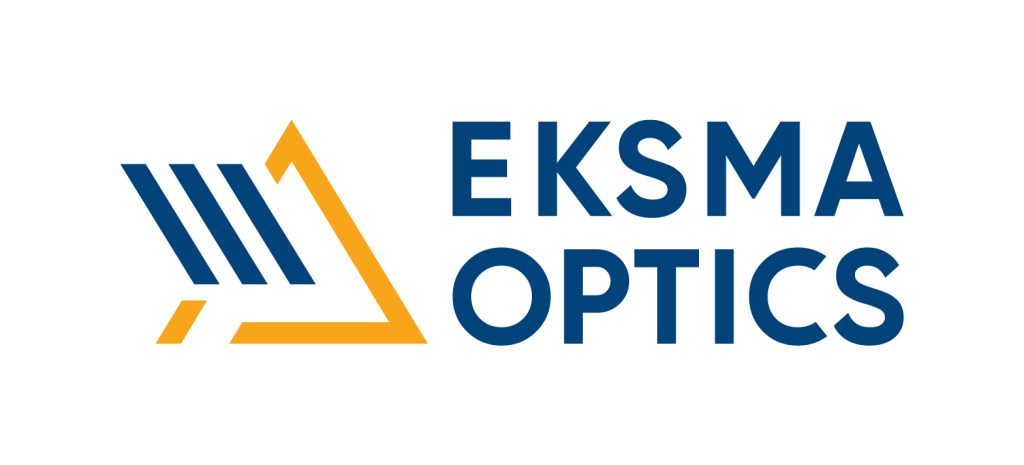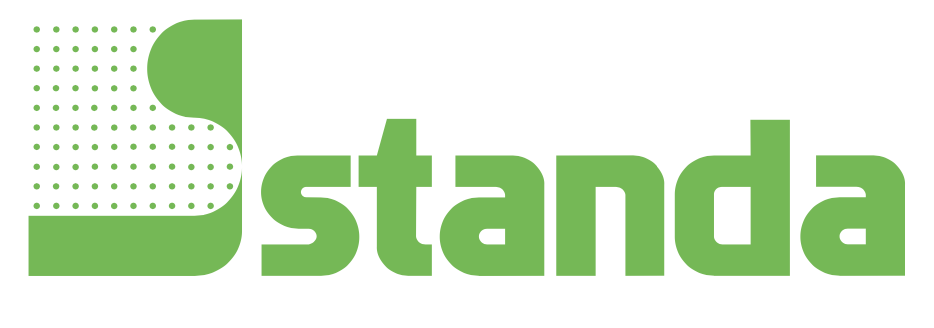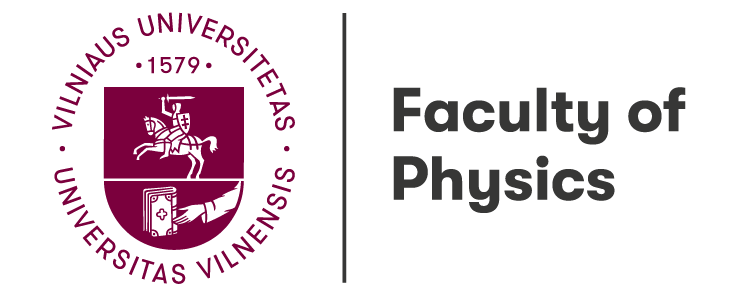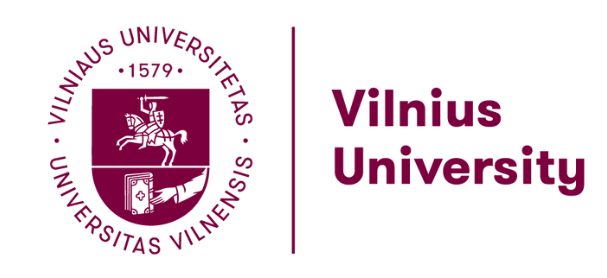
Previous events in Vilnius

14th European Conference on Atoms Molecules and Photons
14th European Conference on Atoms Molecules and Photons (ECAMP14) 2022, Vilnius, Lithuania:
ECAMP is a tri-annual conference series; it is the official conference organized by the Atomic, Molecular and Optical Physics Division (AMOPD) of the European Physical Society (EPS). It started in 1982 and recent editions took place in Salamanca, Spain 2010, Aarhus, Denmark 2013, Frankfurt, Germany 2016, and Florence, Italy 2019, Lithuania 2022. The International Scientific Programme Committee consists of the board of the Atomic, Molecular, and Optical Physics Division (AMOPD) of the European Physical Society (EPS). ECAMP typically attracts 400 -700 participants.

Humboldt Kolleg on Synthetic Quantum Matter
Humboldt Kolleg on Synthetic Quantum Matter, 2-6 July 2023, Vilnius, Lithuania:
The main aim of the Humboldt Kolleg is to bring together Humboldtians and other leading international experts working on manipulating quantum matter, particularly in the areas of quantum simulation and quantum computation with ultracold atoms, photons and other platforms. This Humboldt Kolleg will consolidate a network of Humboldtians working in these areas.

Public lecture by Nobel Prize winner
Public lecture by Nobel Prize winner W. D. Phillips at Vilnius University:
October 4th 2022 William D. Phillips’ public lecture “Time, Einstein and the Coolest Stuff in the Universe” (Great Lecture Hall, Life Sciences Centre of VU, Saulėtekio al. 7). At the beginning of the 20th century Einstein changed the way we think about Time. Now, early in the 21st century, the measurement of Time is being revolutionized by the ability to cool a gas of atoms to temperatures millions of times lower than any naturally occurring temperature in the universe. Atomic clocks, the best timekeepers, are one of the scientific and technological wonders of modern life. Such superaccurate clocks are essential to industry, commerce, and science; they are the heart of Satellite Navigation Systems (satnave), which guide cars, airplanes, and hikers to their destinations. Today, the best primary atomic clocks use ultracold atoms, achieve accuracies of a few seconds in 300 million years, while a new generation of atomic clocks is leading us to re-define what we mean by time. Super-cold atoms, with temperatures that can be below a billionth of a degree above absolute zero, use, and allow tests of, some of Einstein’s strangest predictions.

Humboldt Kolleg Controlling Quantum Matter: from ultracold atoms to solids
Humboldt Kolleg Controlling quantum matter: from ultracold atoms to solids 2018, Vilnius, Lithuania:
The main aim of the Humboldt Kolleg is to bring together Humboldtians and other leading international experts working on manipulating quantum matter, particularly in the areas of quantum simulation and quantum computation with ultracold atoms, photons and other platforms. This Humboldt Kolleg will consolidate a network of Humboldtians working in these areas.
2025 is the International Year of Quantum Science and Technology.
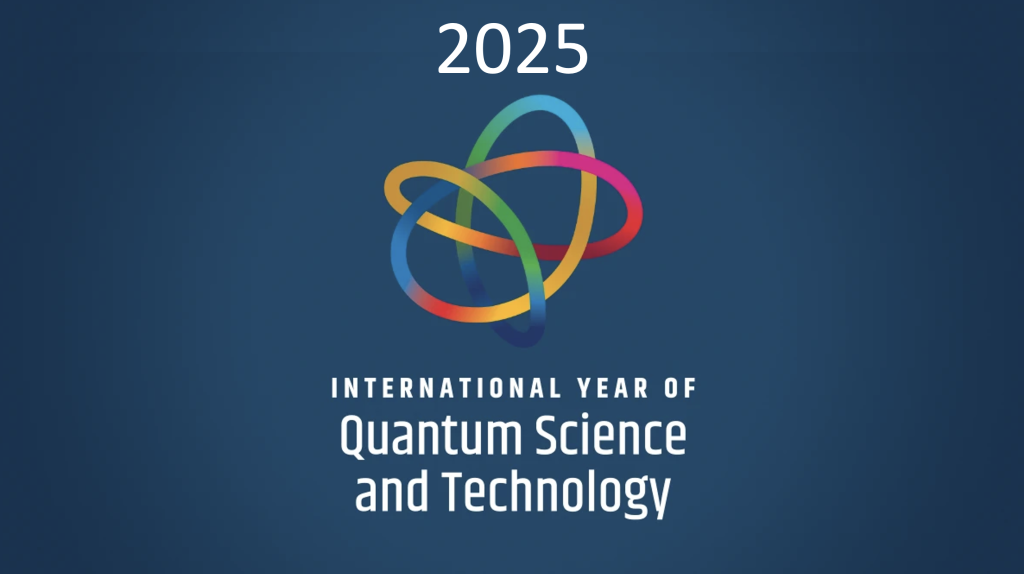
SUPPORTED BY

SPONSORS
